Nội Dung Chính
- 1 Look at the photo. Where do you think this is?
- 2 Listen and complete the dialogue.
- 3 Read the Learn this! box. Match the modal verbs from exercise 2 with the rules.
- 4 Underline the incorrect modal verb and replace it with a more suitable one. Sometimes more than one answer is possible.
- 5 Read the Look out! box. Then find examples of needn't have and didn't need to in exercise 2.
- 6 Look at the sentence. Are both verbs correct, or only one? Explain the difference between them.
- 7 Complete the sentences with a suitable modal verb and the correct form of the verbs in brackets.
- 8 SPEAKING Work in pairs. Take turns to be A and B. Student A: tell Student B about a situation below. Student B: listen to Student A and respond using past modals.
(Page 40)
I can use modal verbs to talk about past actions.
|
1 Look at the photo. Where do you think this is?2 Listen and complete the dialogue.Jo Hi, Tom. How was your trip to Japan? Tom It was a disaster! I (1) ................. read about their customs beforehand - then I (2) ................... not have embarrassed myself so badly. Jo Why? What happened? Tom Well, Aki's parents took us to dinner one night. I had a really bad cold. Aki (3) ................. have told me not to blow my nose in public! Everyone kept staring. They (4) .............. have thought I was so rude! When Aki told me later, I felt terrible about it. Jo I'm sure you needn't have done. How could you have known? Tom Anyway, I bought a gift for Aki's parents. I sent it on Monday, so it (5) ............ have arrived by now. I probably didn't need to send them anything, but I really wanted to apologise. 3 Read the Learn this! box. Match the modal verbs from exercise 2 with the rules.
| 4 Underline the incorrect modal verb and replace it with a more suitable one. Sometimes more than one answer is possible.1 They mustn't have seen Max - he's away on holiday. 2 Joe knew about the strike. He must have warned me! 3 I couldn't have yawned when Tim told that story. It was a bit rude of me. 4 It was so noisy. It's possible he ought not to have heard us. 5 I emailed Erin a week ago, so she can't have read it by now. 5 Read the Look out! box. Then find examples of needn't have and didn't need to in exercise 2.
6 Look at the sentence. Are both verbs correct, or only one? Explain the difference between them.The hotel provided towels, so I didn't need to take / needn't have taken any. 7 Complete the sentences with a suitable modal verb and the correct form of the verbs in brackets.1 Dan looks tired. He ................. (sleep) badly last night. 2 Luckily, Ela gave me her spare ticket, so I .............. (buy) one. 3 I'm not certain, but I ............... (leave) my passport at home. 4 The restaurant's empty. We ................ (book) a table after all. 8 SPEAKING Work in pairs. Take turns to be A and B. Student A: tell Student B about a situation below. Student B: listen to Student A and respond using past modals.1 My best friend isn't talking to me. 2 My brother thinks he saw a ghost yesterday. 3 I haven't got any money at all this month. I had an argument with Minh and he won't talk to me now. You shouldn't have argued. You must have upset him. |

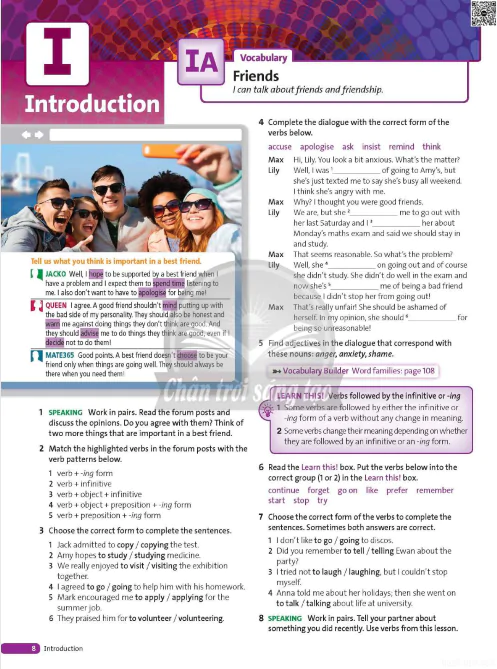
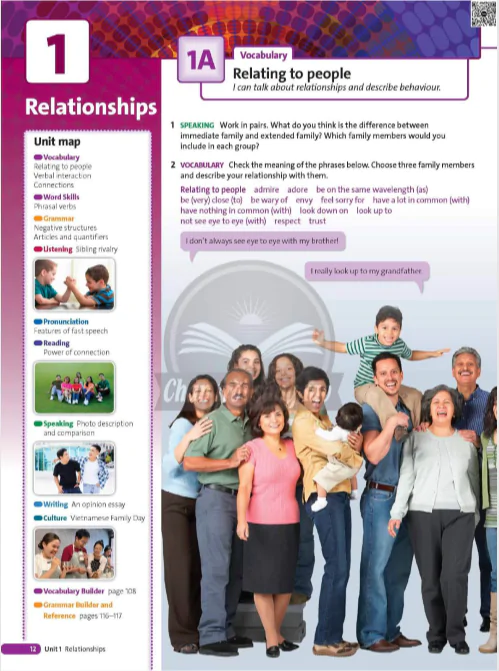
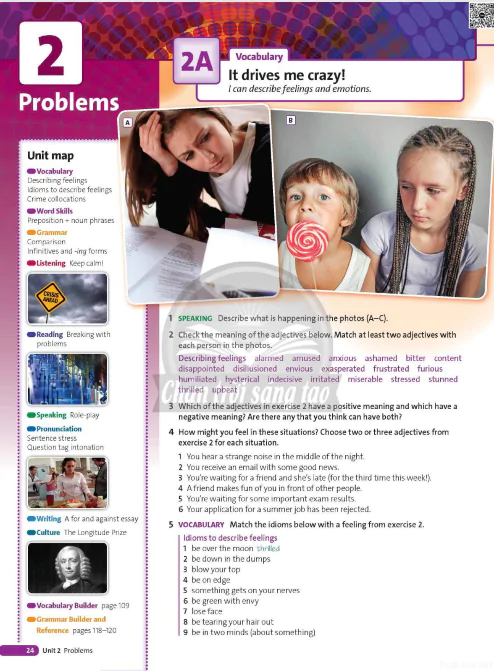
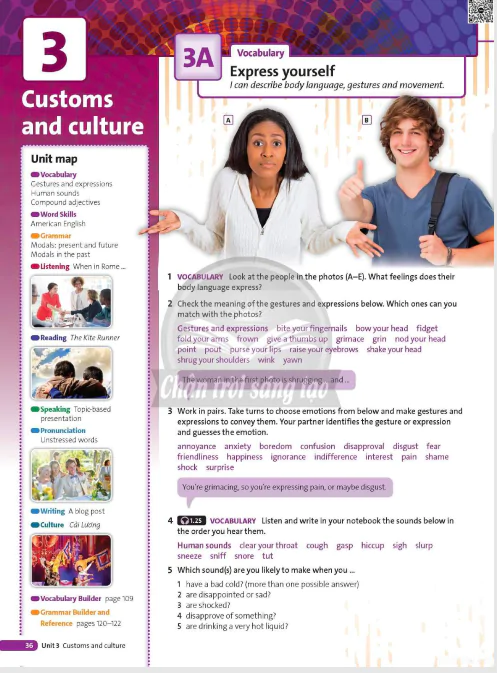
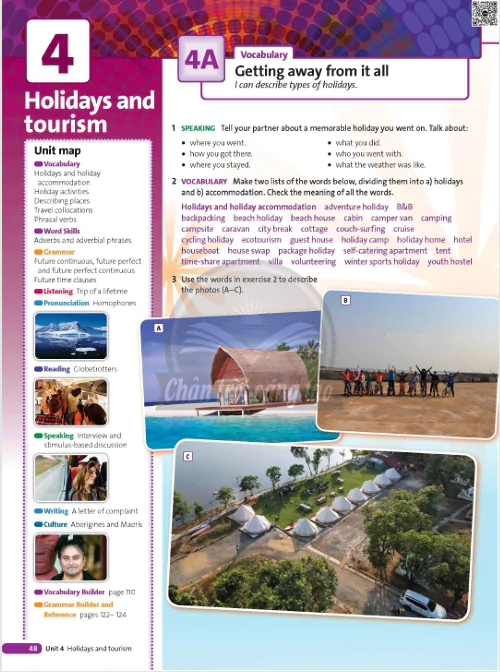
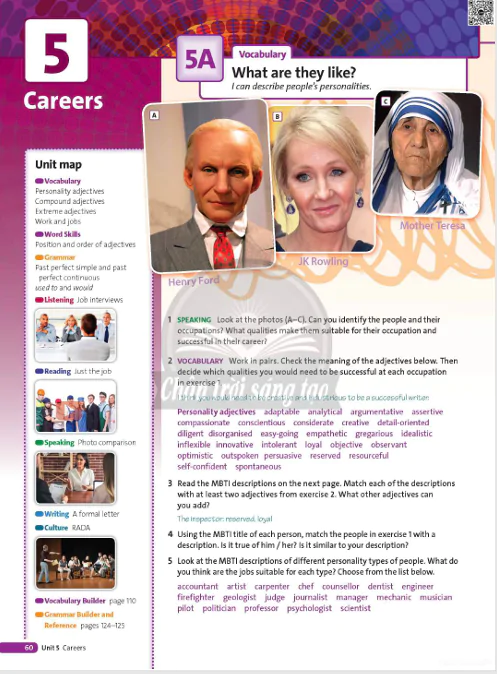


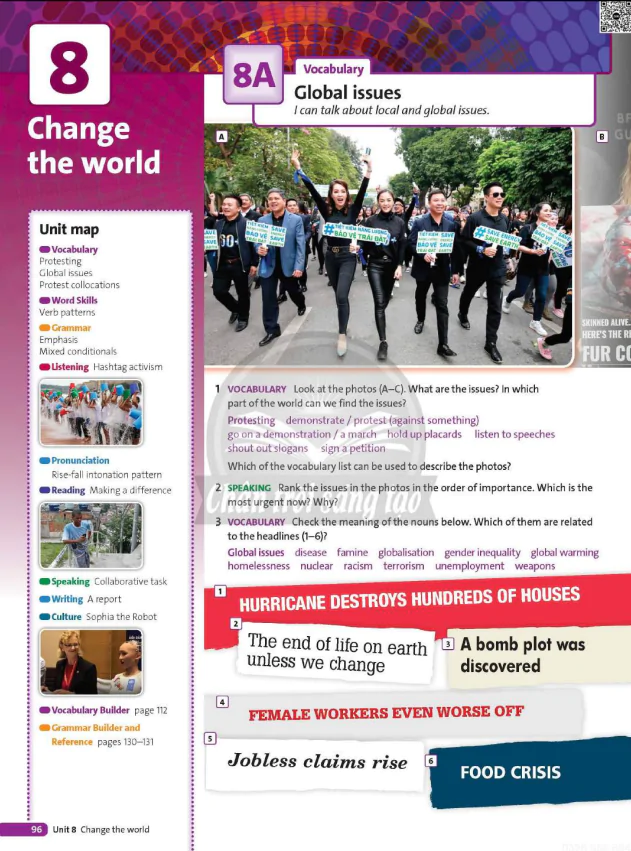
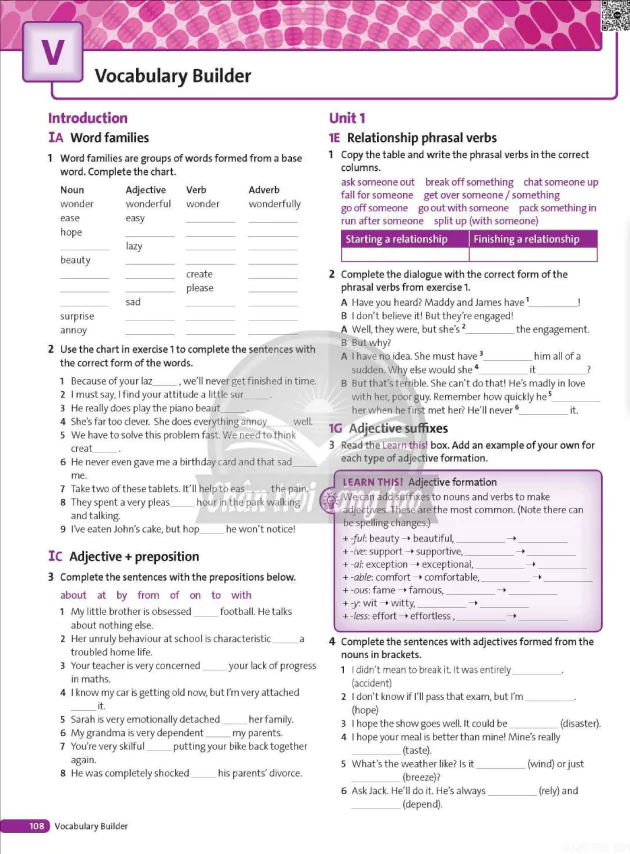
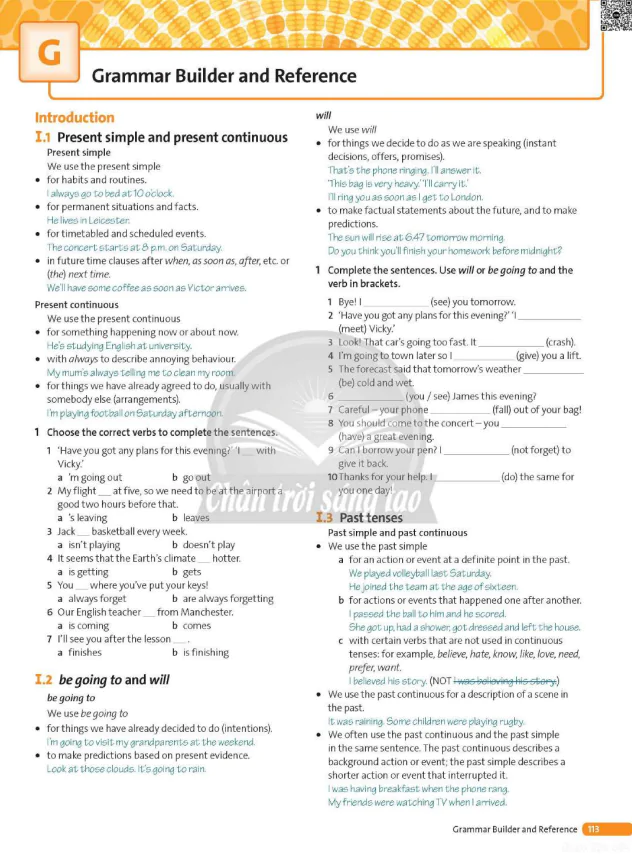


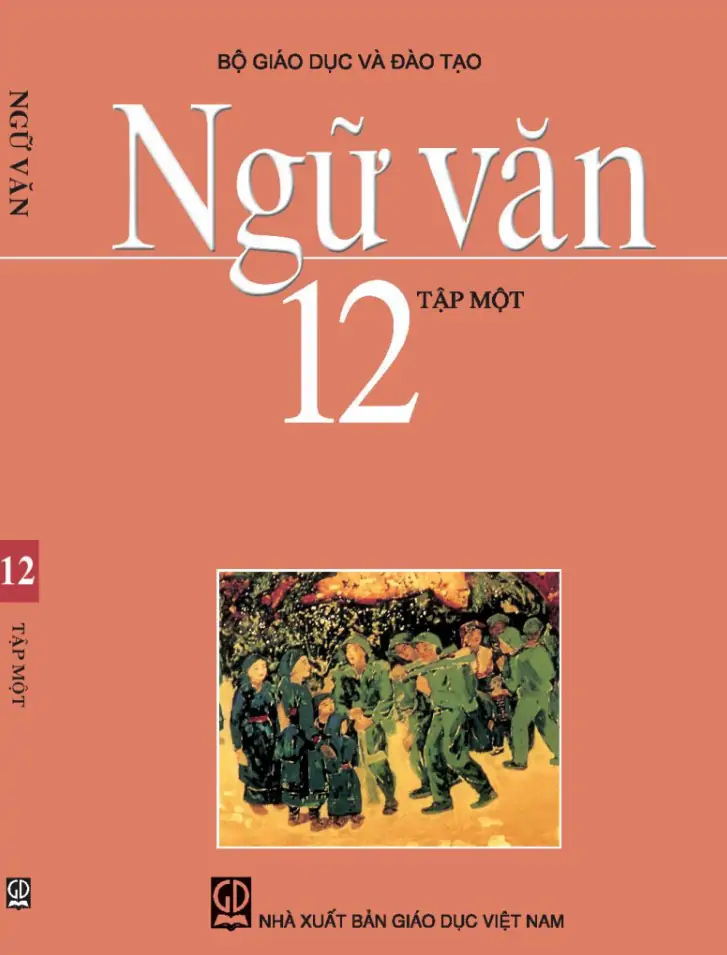



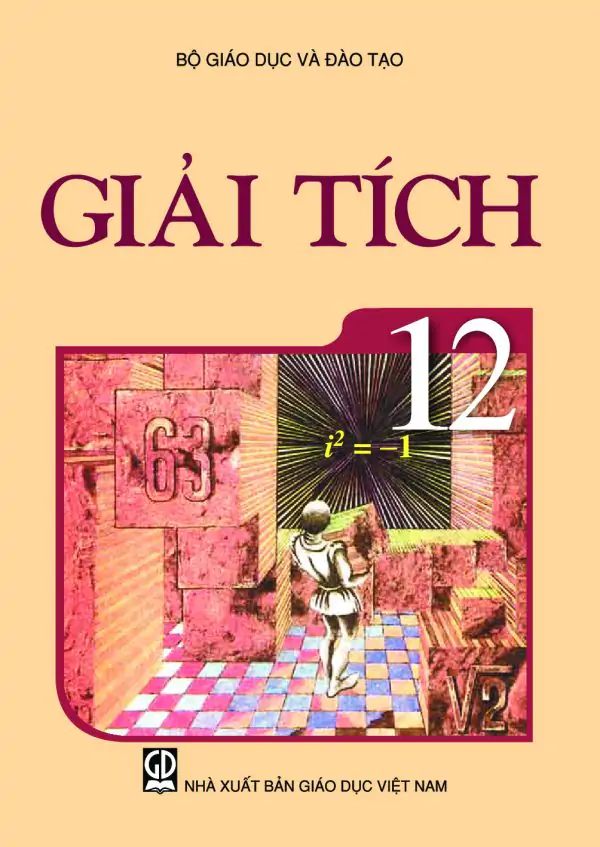


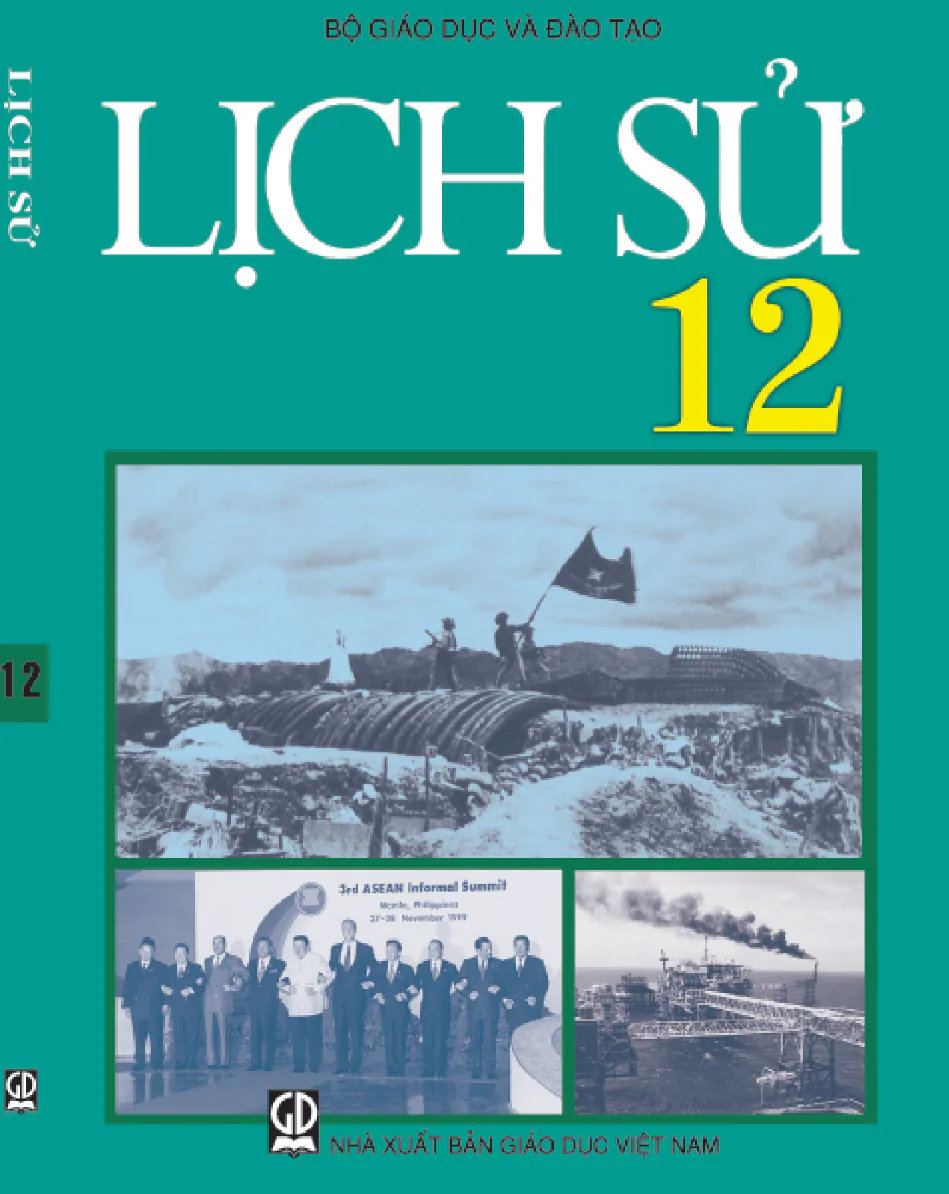
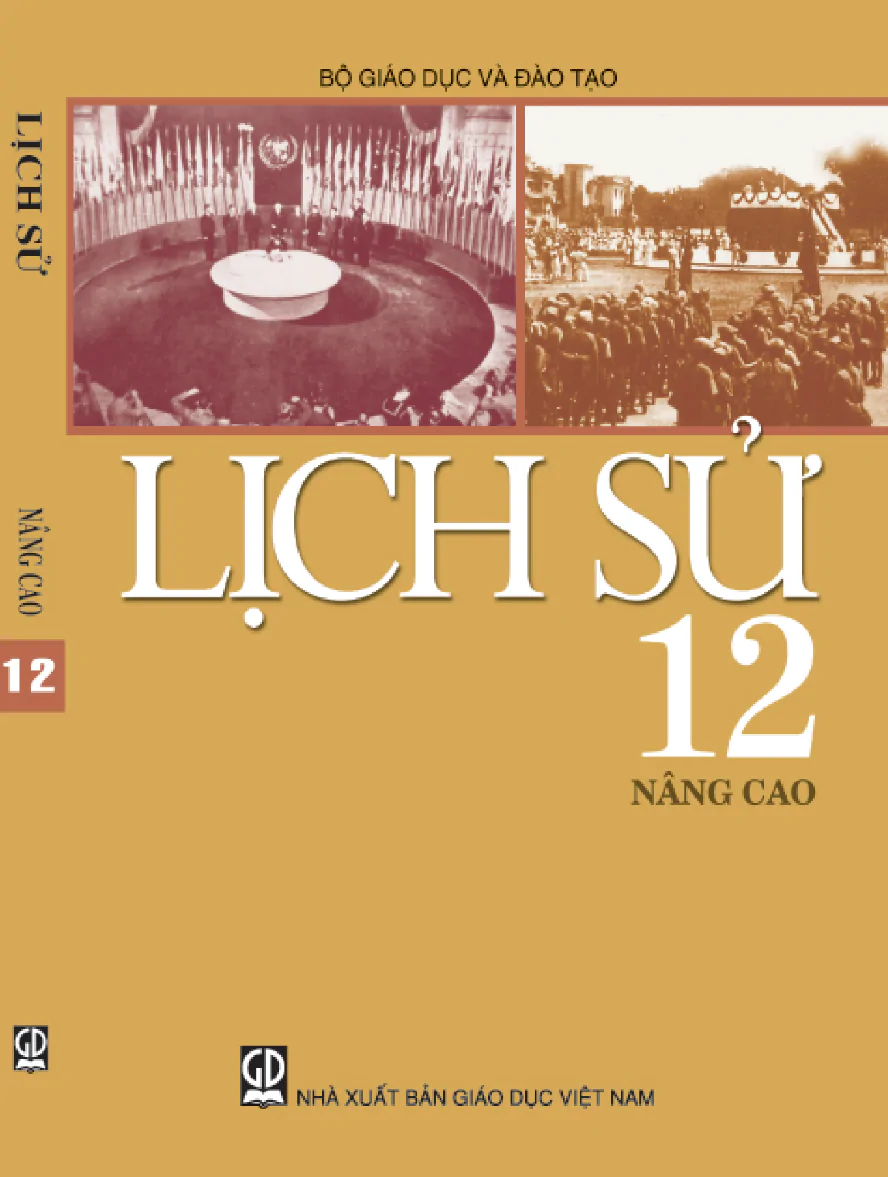


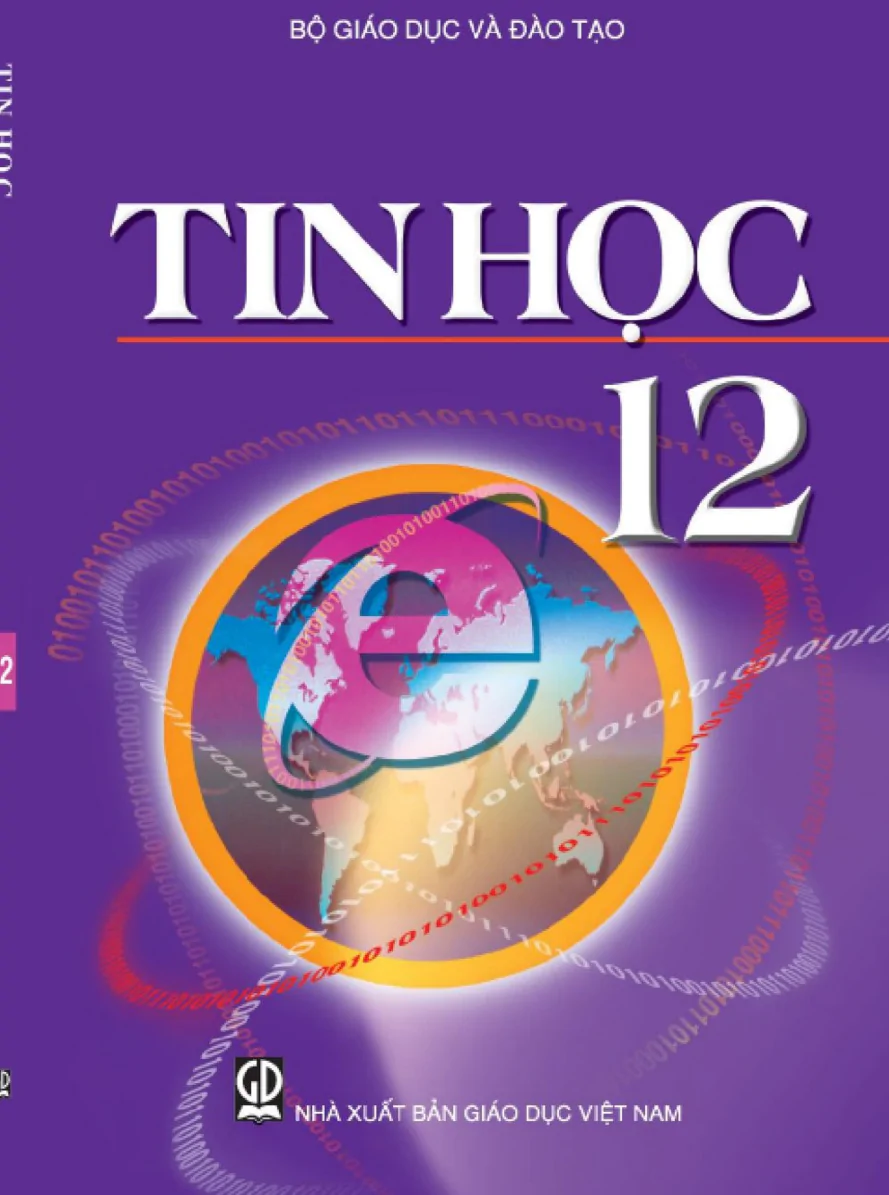
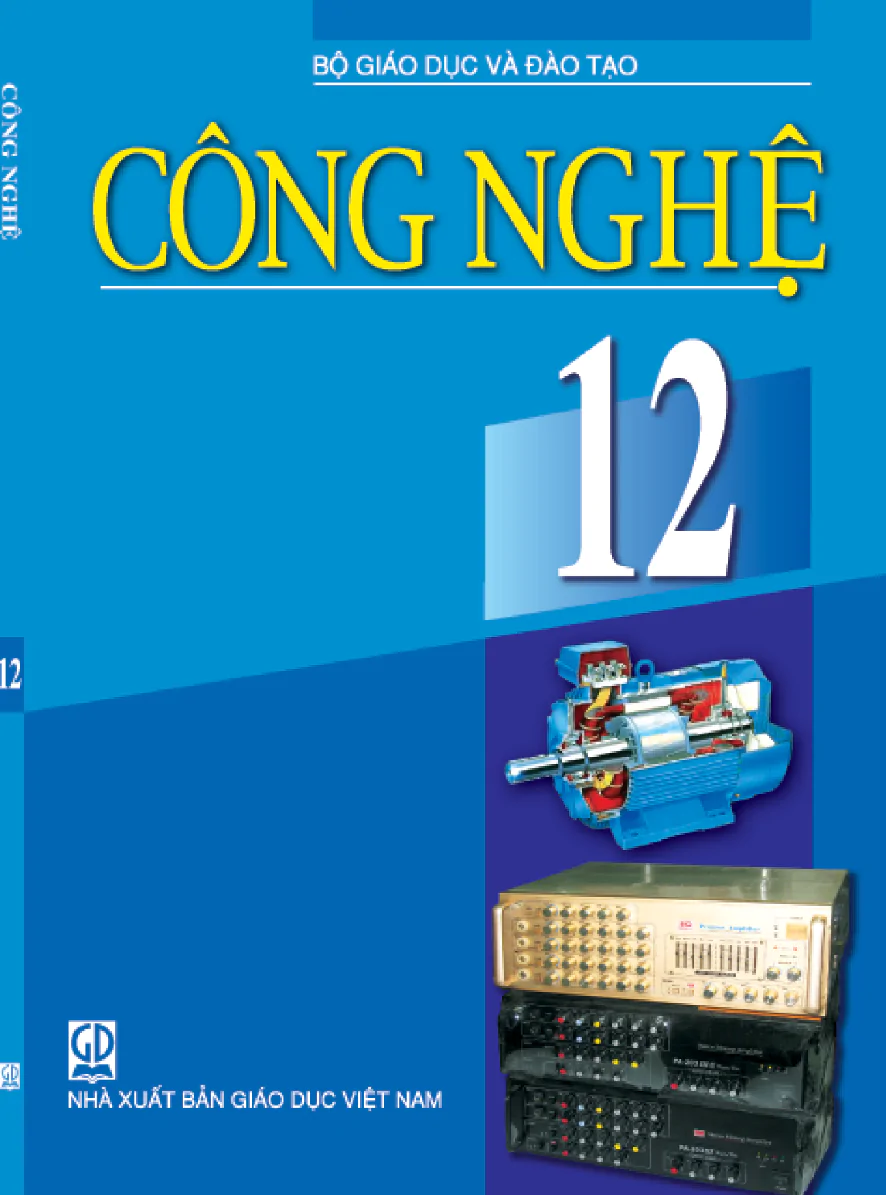



















Bình Luận
Để Lại Bình Luận Của Bạn